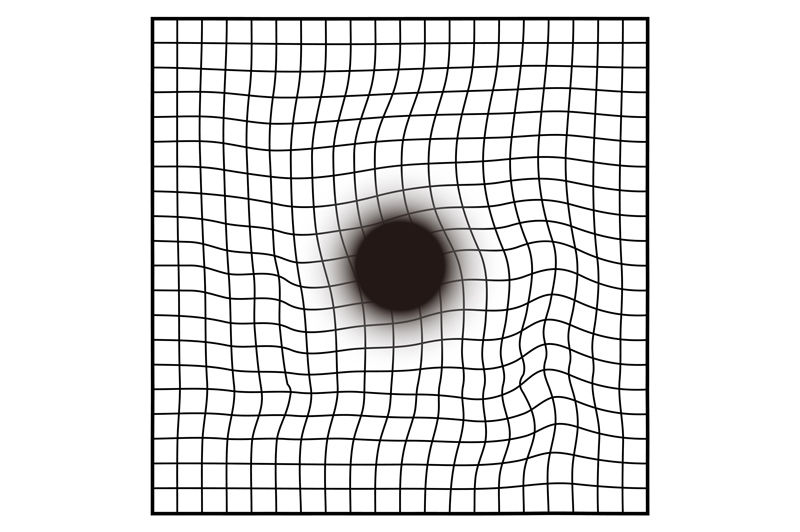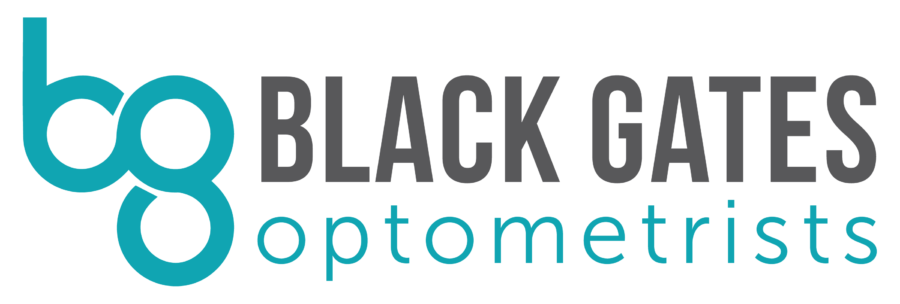
Macular Degeneration Awareness Month is a valuable reminder of the importance of caring for your eyes. Studies show that diet is important in reducing the risk of Macular Degeneration and safeguarding your precious eyesight.
1. Include green leafy vegetables daily: Nutrient-rich greens like spinach, kale, and silver beet are packed with essential vitamins and antioxidants that promote eye health.
2. Enjoy fresh fruit daily: Fruit is delicious and loaded with vitamins and minerals crucial for eye health. Aim for a variety of colorful fruits to ensure you’re getting a diverse range of nutrients. Include citrus fruits like oranges and berries and tomatoes in your diet.
3. Eat fish two to three times a week: Oily fish such as salmon, mackerel and sardines are rich in omega-3 fatty acids, which are vital for maintaining healthy retinas and supporting overall eye function.
4. Opt for low glycemic index (GI) carbohydrates: Swap out high GI carbs for low GI alternatives like whole grains, legumes, and soy products. These complex carbohydrates provide a steady release of energy and help maintain stable blood sugar levels, beneficial for eye health.
5. Include nuts: A handful of nuts weekly are a great source of vitamin E, zinc, and selenium, all of which contribute to optimal eye health.
Embracing a healthy lifestyle is important too. Regular exercise and weight management are not only beneficial for your overall health but also play an important role in supporting good eye health.
Be mindful of your fat intake as well. Opt for healthier fat sources such as olive oil and avocado. Limiting saturated and trans fats can help reduce the risk of eye diseases.
You may also like to consider supplements. Consult with your healthcare provider about incorporating supplements into your routine, especially if your diet may be lacking in certain nutrients crucial for eye health.
Nutrition for Eye Health
Nutrition plays a pivotal role in maintaining healthy eyesight. Antioxidants, such as lutein, zeaxanthin, and omega-3 fatty acids, found in various foods, help combat free radicals and support the proper functioning of the eyes.
Lutein and zeaxanthin are abundant in dark leafy greens like spinach and kale, as well as in vegetables such as peas and broccoli. They help protect the macula, the central part of the retina responsible for sharp vision.
Omega-3 fatty acids found in oily fish like salmon and trout aid in cell development and renewal in the retina, promoting optimal eye function.
In addition to these, ensuring adequate intake of other essential nutrients like zinc, vitamin E, vitamin C, and selenium further supports good eye health. These nutrients can be found in a variety of foods ranging from nuts and legumes to citrus fruits and whole grains.
Understanding the glycemic index (GI) of carbohydrates is important. Opting for low GI carbs, such as whole grains and legumes, can help regulate blood sugar levels, reducing the risk of developing eye-related issues.
By making conscious choices in your diet and lifestyle, you can proactively protect your eyesight and maintain optimal eye health for years to come. Remember, a balanced diet supplemented with regular exercise and proper eye care is the key to preserving your vision and enjoying a great quality of life.
What is Macular Degeneration?
One in seven people over 50 will get Macular Degeneration, which results in a gradual loss of vision. It is more common than heart disease and breast cancer and three times as common as dementia. Diet, lifestyle, smoking and family history of Macular Degeneration are all risk factors.
Macular Degeneration is characterised by:
- Straight lines appearing wavy or bent
- Difficulty reading and distinguishing faces
- Dark patches or empty spaces in vision
- Poor night vision
- Decreased colour sensitivity.
For more information, head to Macular Degeneration New Zealand.

Is it time to come and see us?
Our standard eye tests include testing for Macular Degeneration and with our easy online booking tool, it’s easy to book an appointment with your choice of optometrist in Lower Hutt or Johnsonville. Book your eye test here at a time to suit you.
It’s easy to book an appointment online with our optometrists at Johnsonville or Lower Hutt. Just head to our bookings page and pick a time and day to suit.

